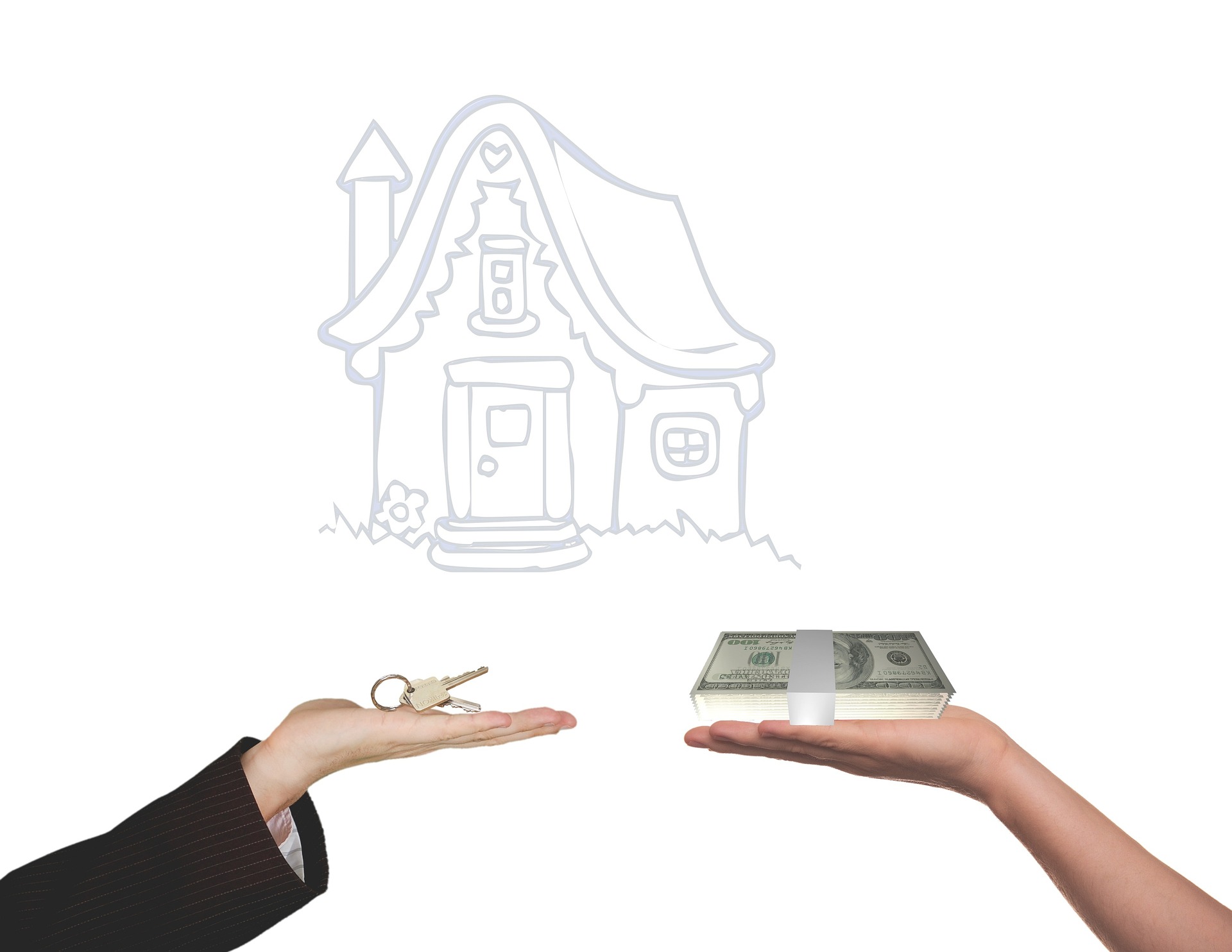Understanding Foreclosed Homes: A Comprehensive Guide for Buyers
Foreclosed homes represent a unique opportunity in the real estate market. These properties, also known as bank-owned properties or repossessed houses, are seized by lenders when homeowners fail to meet mortgage obligations. This comprehensive guide will explore the ins and outs of foreclosed homes, providing valuable insights for potential buyers and investors interested in this sector of the housing market.
What exactly are foreclosed homes?
Foreclosed homes are properties that have been repossessed by lenders, typically banks, due to the homeowner’s inability to keep up with mortgage payments. When a homeowner defaults on their loan, the lender initiates foreclosure proceedings to reclaim the property. Once the foreclosure process is complete, the property becomes a bank-owned or real estate owned (REO) property, available for purchase through various channels.
How do foreclosure listings work?
Foreclosure listings are databases or platforms where potential buyers can find information about available foreclosed properties. These listings often include details such as property address, size, condition, and asking price. Many banks and government agencies maintain their own foreclosure listings, while some third-party websites aggregate listings from multiple sources. Buyers can access these listings online or through real estate agents specializing in foreclosed properties.
What are the advantages of purchasing a foreclosed home?
One of the primary advantages of buying a foreclosed home is the potential for significant cost savings. Banks are often motivated to sell these properties quickly to recoup their losses, which can result in below-market prices. Additionally, foreclosed homes may offer opportunities for buyers to enter desirable neighborhoods that might otherwise be out of their price range. Investors may also find foreclosed properties attractive for renovation and resale or as rental properties.
What risks should buyers be aware of when considering foreclosed homes?
While foreclosed homes can offer financial benefits, they also come with potential risks. Many foreclosed properties are sold “as-is,” meaning the buyer is responsible for any repairs or renovations needed. These homes may have been neglected or damaged by previous owners, leading to significant repair costs. Additionally, there may be liens or other legal issues associated with the property that buyers need to be aware of before making a purchase.
How does the process of buying a foreclosed home differ from traditional purchases?
The process of buying a foreclosed home can differ significantly from traditional real estate transactions. Depending on the stage of foreclosure, buyers may need to participate in auctions, negotiate directly with banks, or work through government agencies. The timeline for purchasing a foreclosed home can be unpredictable, with some transactions closing quickly while others may face delays due to legal or administrative issues. Buyers often need to be prepared with cash or secure financing in advance, as many foreclosed properties require quick closings.
What are some tips for successfully navigating foreclosure listings and purchases?
When exploring foreclosure listings and considering a purchase, it’s essential to do thorough research and due diligence. Work with a real estate agent experienced in foreclosures to help navigate the process. Conduct a comprehensive property inspection to understand the condition and potential repair costs. Research the property’s history, including any liens or encumbrances. Be prepared for a competitive bidding process, especially for desirable properties. Finally, have your financing in order before making an offer, as foreclosed homes often require quick action.
| Provider | Services Offered | Key Features/Benefits |
|---|---|---|
| Zillow Foreclosure Center | Online foreclosure listings | Nationwide coverage, detailed property information |
| HomePath by Fannie Mae | Foreclosed home listings | Properties owned by Fannie Mae, special financing options |
| HUD Home Store | Government-owned property listings | Properties insured by FHA, potential discounts for certain buyers |
| RealtyTrac | Foreclosure data and listings | Comprehensive database, market analysis tools |
| Auction.com | Online real estate auctions | Live bidding on foreclosed properties, wide selection |
Prices, rates, or cost estimates mentioned in this article are based on the latest available information but may change over time. Independent research is advised before making financial decisions.
In conclusion, foreclosed homes present a unique opportunity in the real estate market, offering potential cost savings and investment possibilities. However, they also come with risks and challenges that buyers must carefully consider. By understanding the foreclosure process, conducting thorough research, and working with experienced professionals, buyers can navigate the world of foreclosed properties more effectively and potentially find valuable opportunities in this sector of the housing market.





